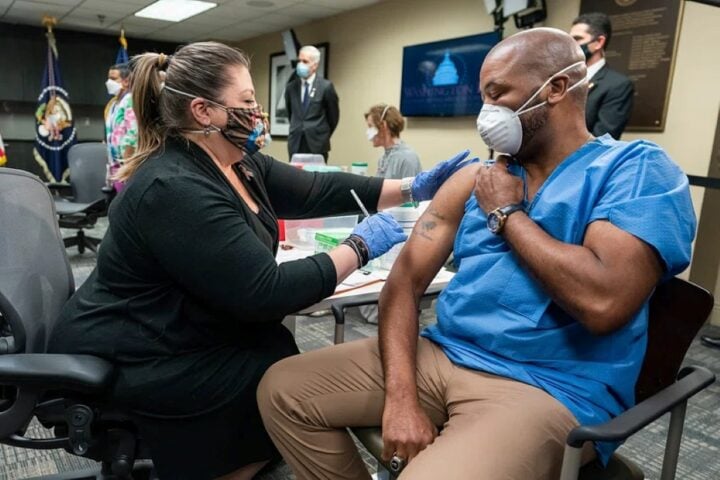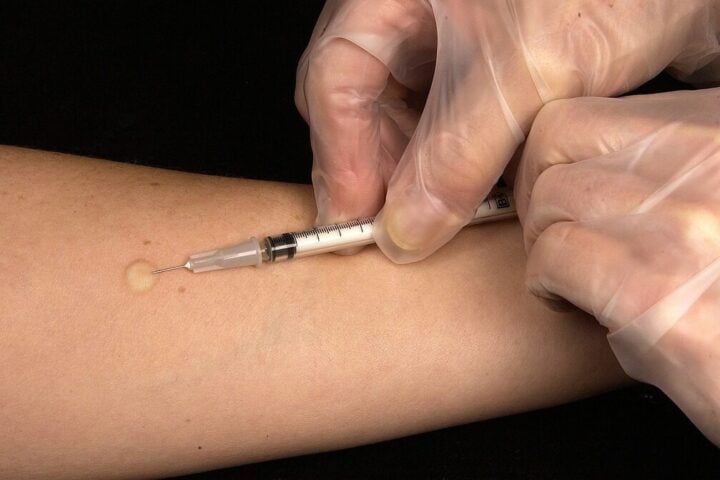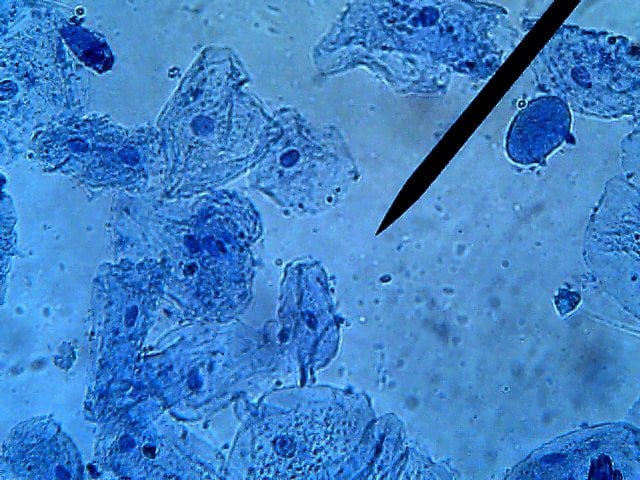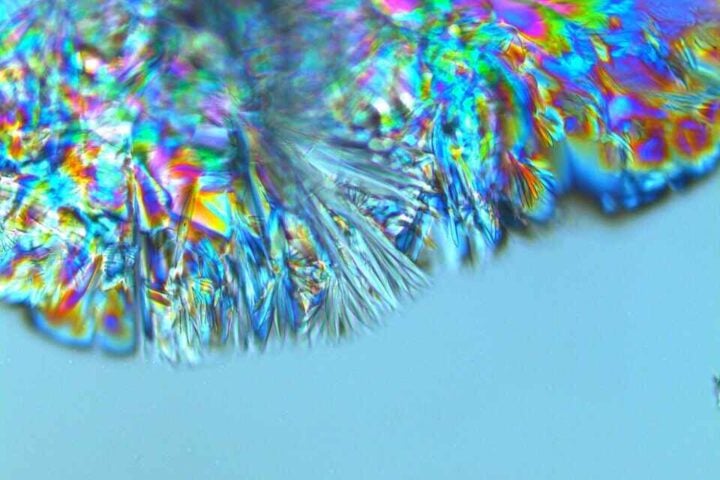A major finding was released by the World Health Organization (WHO), the International Agency for Research on Cancer (IARC), and the Food and Agriculture Organization (FAO) Joint Expert Committee on Food Additives (JECFA). Highly anticipated results of the findings were announced on July 14th, 2023, regarding the use of Aspartame, a popular artificial sweetener used in diet sodas and other carbonated beverages.
The IARC, a subsidiary of the World Health Organization (WHO), conducted an assessment from June 6-13, 2023, to ascertain the potential risks of aspartame as a possible carcinogen. Simultaneously, the JECFA—another committee under the WHO—has been conducting a risk assessment of aspartame from June 27 to July 6, 2023. Their focus primarily lies in determining the safe limits of aspartame consumption in one’s diet.




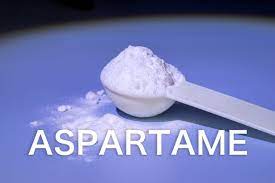
After thorough research, the IARC, under the IARC Group 2B, classified Aspartame as potentially carcinogenic to humans. This tentative categorization is primarily due to a lack of definitive evidence. JECFA, meanwhile, announced that the acceptable daily intake of Aspartame should be 40 mg/kg body weight.
Dr. Mary Schubauer-Berigan, a member of the IARC Monographs program, expressed the need for more extensive research to refine our understanding of Aspartame’s potential health risks. She said, “The findings of limited evidence of carcinogenicity in both humans and animals, and of limited mechanistic understanding of how carcinogenicity may occur, highlight the necessity for additional studies to better comprehend the potential carcinogenic hazard posed by Aspartame consumption.”
The rigorous evaluations conducted by both the IARC and JECFA drew from a broad range of resources, including governmental reports and peer-reviewed papers, ensuring an unbiased, reliable outcome. Each study was also reviewed by independent experts to further ensure credibility and accuracy.
Similar Posts
Echoing the need for more detailed research, Dr. Moez Sanaa, WHO’s Head of the Standards and Scientific Advice on Food and Nutrition Unit, stated, “We require more comprehensive studies with longer follow-ups and frequent dietary assessments. The need of the hour is randomized controlled trials, inclusive of mechanistic pathway studies relevant to insulin regulation, metabolic syndrome, and diabetes, especially concerning their potential links to carcinogenicity.”
In response to consumer concerns, the World Health Organization assured that it would continue to monitor evidence and conduct rigorous studies to evaluate Aspartame’s impact on human health. The aim is to ensure the well-being of consumers who enjoy carbonated beverages and other Aspartame-containing products, while providing scientifically sound and reliable information.





